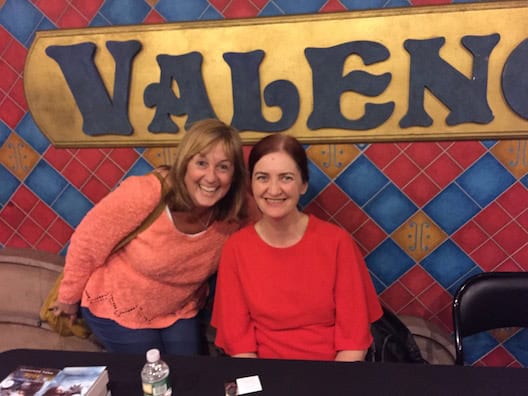

And they will go, quite literally, wherever the wind blows their flimsy boat, Artt assuring them he’ll know their destination when he sees it. For this he recruits two monks: Cormac, an elderly but competent builder and gardener who bears the scars of war and of the plague that took his family, and Trian, a spindly youth with a complementary talent for hunting and scavenging.įlattered by Artt’s invitation, they need no convincing. Artt has received orders from God - in that most reliable of forms, the dream - to establish a monastery in Ireland’s western sea. The year is 600, so Christianity is, relatively speaking, still fresh out of the oven.

The novel’s trio of characters are essentially living en plein air and yet they’re undoubtedly confined: by the fact that they’re on an island, by the latter’s scant resources, by the religion to which they have devoted their lives and by the zealotry of their leader, Artt, a.k.a. Her latest, “Haven,” doesn’t involve rooms or wards. (“Confinement” is also, of course, an outmoded term for childbirth.) Her bestselling novel “Room” is the most obvious example, but her last book, “The Pull of the Stars,” did something similar in the confines, if you will, of an Irish maternity ward at the time of the Spanish flu. Emma Donoghue has a thing for confinement.


 0 kommentar(er)
0 kommentar(er)
